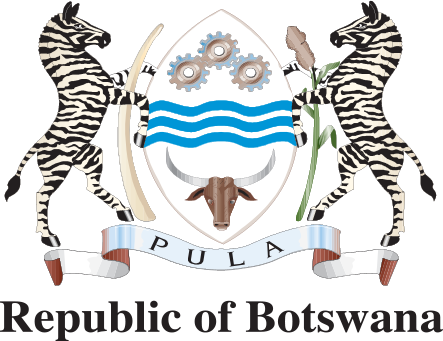Provision of Legal Assistance
Legal assistance is provided to litigants with limited financial means who are involved in civil and criminal cases.
In Civil cases, any party who desires to sue and defend as a poor litigant may apply in writing for leave to sue or defend as a poor litigant, as per Order 5 of the Magistrate Court rules and Order 46 of the High Court rules.
In criminal trials/ appeals, pro-deo lawyers (lawyers whose fees are paid directly by the government) can be assigned to defendants of limited financial means.
- Any individual who is instigating or defending themselves against a civil case may apply for legal assistance from the courts.
- These individuals must be unable to afford professional legal assistance.
- For criminal cases, accused persons charged with murder, manslaughter, attempted murder or treason are entitled to pro-deo representation.
- The decision is made by the Registrar of the High Court/ Magistrate.
- They must submit a letter/application, in writing, to the Registrar/ Magistrate of the court outlining that: they are requesting permission to sue or defend as an individual of limited financial means. Also explaining that they lack the financial means to afford their own legal assistance.
- The Registrar/Magistrate, on receipt of the letter/application, will make inquiries as to the means of the applicant in order to assess the legitimacy of the claim. The Registrar/ Magistrate may require the applicant to provide a verbal oath or a written affidavit for the lack of financial ability.
- Once the Registrar/ Magistrate approves the written application, the case is referred to a legal practitioner who makes the assessment of whether the applicant has a reasonable chance of success in their case before deciding whether take the case. The applicant will be informed through written correspondence of the outcome of his or her application.
- The Registrar/ Magistrate will grant the applicant leave to sue or defend without payment of court fees. The applicant will be given a document signed by the Registrar/Magistrate stating that he is given leave to sue or defend without payment of court fees. The applicant will then attach a copy of the said document whenever filling documents at the Registry.
To submit the letter/ order granting permission to sue or defend as pauper.
- Approximately one business day.
- Once the applicant submits his\her application the Registrar's secretary/ Clerk then makes an appointment for a given date. On the appointed date the Registrar/ Magistrate will enquire into the means of the applicant and for that purpose may require the applicant to give evidence on oath, either in person or by affidavit. The Registrars/ Magistrate ruling will be delivered on the same day.
- The decision of the Registrar/ Magistrate shall be final as to whether the applicant has sufficient means to finance his action or not.
No cost
pro-deo lawyers, legal assistance, free lawyers, free representation.
